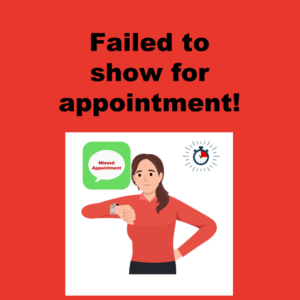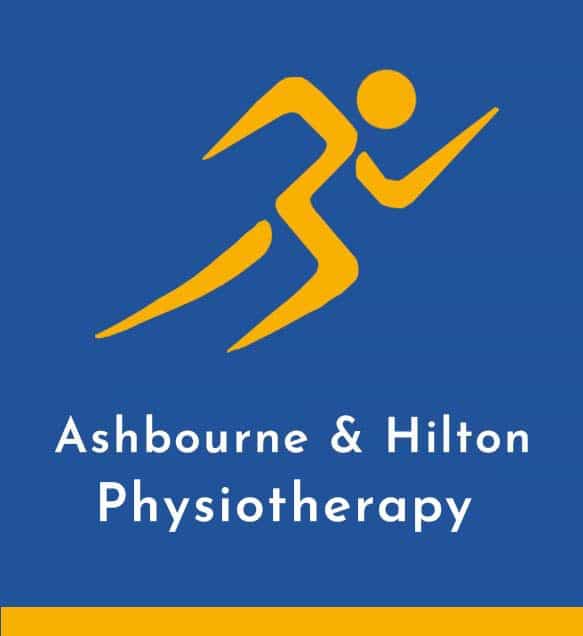20 years of running a physio clinic in Ashbourne. In fact, I find it’s 22 years as my son was 1 when my husband Chris and I bought the clinic from the legendary Pam Philips.
When this realisation hit me, it got me thinking about all the changes that have happened over that time, not least the ever-shifting political landscape of our amazing NHS. In our blog this month, I wanted to share a little of how a private clinic runs an NHS service alongside a self-funding service and explain some of the challenges that are now presenting themselves.
I don’t think that dwelling on the history of what has gone before on this is particularly helpful but suffice to say, I will assume it is generally recognised that, what was once provided by the NHS, is having to be trimmed down in many areas.

Welcome to our Ashbourne Clinic
One of the main differences between NHS and self-funded physiotherapy is cost. The NHS service is free of charge for eligible patients, while self-funded services require payment from the patient. However, self-funded services may offer more flexibility in terms of appointment times and locations.
Patients may also have more control over the type of treatment they receive when paying for private services.

Ashbourne and Hilton Physios Centres have always prided themselves on providing the same high-quality care to both our private and NHS clinics. However, there are differences, partly through restrictions written into our contract and partly through budget and price restraints.
Where we can provide equality of care we continue to do so, for example:
-
New patient 45 minute appointments
-
Follow-ups 30 minutes
-
All patients seen face to face where this is their preference
-
All patients seen by an experienced physiotherapist and we endeavour to provide continuity of care with the same therapist wherever practicable
-
All patients shown care and consideration to their own individual circumstances with bespoke treatment plans and exercise programmes
Restrictions to physio services covered in our contract:
Our NHS contract covers only MSK (musculoskeletal) physiotherapy which is spinal problems, joint, muscle, tendon and ligament related problems. We also have a small contract for Pelvic Health work (incontinence, prolapse and pelvic pain).
Here is a list of other services we provide privately that are not covered by our NHS contract:
-
Massage
-
Physio for neurological conditions (MS, Stroke, Parkinson’s)
-
Respiratory Physiotherapy
-
Simple orthotics (insoles)
-
Home Visits
-
Shockwave Therapy
The type of treatments we can offer via our NHS contract need to be covered by NICE guidelines.
Self-funding patients have more of a choice as to which treatment modalities they wish to be included in their plan.
A popular treatment that some patients are keen to include is acupuncture. We have 3 physiotherapists who are trained and experienced in providing acupuncture for physiotherapy related conditions. Acupuncture cannot be provided via our NHS contract.

Lorna Short (Principal) treating one of our patients
Waiting Times
We have a set amount of NHS work we are contracted to do each month and there may therefore be longer waiting times due to high demand and limited resources. Patients may have to wait several weeks or months to receive treatment. Within our self-funded services, on the other hand, waiting times are minimal and appointments can usually be accommodated within a couple of days.

Access by Referral/Self-referral
Access to our clinic via NHS requires referral for eligible patients from a Derbyshire GP practice. We do recognise that accessing a GP appointment can be challenging these day’s, but we are not able to book NHS appointments until a referral has been received.
Self-funding patients can just phone up and book in.

Number of Treatments per Episode of Care
This is quite a big difference!
This is monitored monthly as part of our NHS contract and is set at 4.5 treatments as an average. Obviously, some people just need one appointment for assessment and advice but others, perhaps with persistent pain or more severe and complex injuries, may need much longer. As a general rule, people who come to us via an NHS referral have more complex conditions and have often had them for longer. The limitation on treatment numbers means your physio will be working closely with you, giving you as many tools as possible so you can manage any recurring symptoms or complete your rehab yourself as treatment tails off. There is no provision in our contract for longer-term treatment/rehabilitation.
We do monitor the average number of treatments for each self-funded course and this sits at around 3 treatments. So, if you come to us as a self-funding patient, you can be assured that you are not committing to a huge financial outlay. We never require that a patient sign up to a whole course of treatment – treatments are pay-as-you-go. Your physiotherapist will discuss a plan of your treatment on your first visit and give you an idea of how many treatments they think you might need. Be assured that you will never receive a hard sell on future treatments from our staff.
Flexibility of appointments
We are able to offer greater flexibility on days and times of appointments to self-funding patients eg more evening appointments and Saturday morning clinics. This may be a factor to take into account when thinking about whether to choose to come privately or via the NHS.
Payment for non-attendance
Private patients may be required to pay for non-attendance if less than 24 hours notice is given.
We do not get paid at all if you fail to attend for your NHS appointment and this can be very frustrating for the clinic and your physiotherapist. If you are unable to attend at less than 24 hours notice, please make yourself available for a telephone appointment. We are sure that you will understand that anyone who repeatedly fails to attend will be discharged back to the care of their GP – as a small business, we simply cannot afford wasted appointments.

One final note about insurance companies
Those that are members of medical insurance scheme please be sure of any restrictions and excesses before attending as we have no access to your insurance details and cannot guide you on this.
These are getting increasingly onerous to deal with, but we do still hold a couple of agreements with insurance companies (phone us for details). Everything works more simply and smoothly if you pay for treatment and then claim back from your insurance provider.
In conclusion, both our NHS and self-funded physiotherapy services offer valuable support to individuals recovering from physical injuries or disabilities. We feel that our business and services are enhanced and the stronger for offering these 2 services side by side and value aspects of both options. While our NHS service is free and of a similar quality, self-funded services offer greater flexibility and shorter waiting times. It is important for patients to consider their individual needs and preferences when choosing between the two options. We are, of course, happy to answer any questions or queries you may have as it’s not always straightforward.
Whichever route you may choose to see us you can be assured of our full attention and honest advice. This month we will be asking around 700 patients both Private and NHS to complete our Patient Satisfaction Survey to explore any ways we could improve our service.
Let us know if there are ways we could help with any pains, niggles or more major injuries that are stopping you getting back to those summer activities and sports and “let us work with you to help you reach or regain your full potential whatever your lifestyle.”
“Our friendly Reception team will be happy to make an appointment for you”

Ashbourne Clinic: 01335 344952
Hilton Clinic: 01283 777070
#ashbournephysiotherapy #hiltonphysio #ashbournephysio #privatepatient #nhs #injuries #sciatica #ligamentstrain #frozenshoulder #tendoninjury #tenniselbow #plantafaciitis #heelpain #footpain #backpain #lowerbackpain #massage #acupuncture




